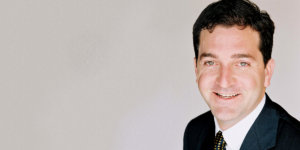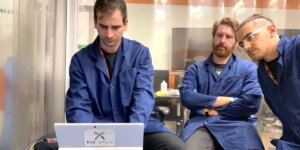
Photo/Pexels
Space innovation could soon receive a boost from a new Defense Advanced Research Projects Agency (DARPA) project aimed at standardizing robotic space repairs.
USC Viterbi’s Space Engineering Research Center (SERC) at the Information Sciences Institute is a collaborative lead in the space industry consortium, which hopes to determine future “rules of the road” for commercial on-orbit activities, such as servicing and refueling satellites orbiting the Earth.
Technology has been developed to inspect, assist, modify and build completely new platforms and spacecraft on orbit, but the absence of common technical and safety standards in space remains a potential obstacle to the industry’s development.
Satellites are currently rendered unusable when they fall into disrepair, wasting critical resources and contributing to the proliferation of space debris. Robotic platforms could offer a solution for fixing damaged satellites thousands of miles above Earth. But first, widely accepted rules and regulations must be determined to provide safe operations guidelines for service providers to follow.
USC’s SERC, along with the Secure World Foundation and the Space Infrastructure Foundation, were selected to coordinate the “consortium for execution of rendezvous and servicing operations,” or CONFERS.
By collaboratively developing safety standards and other protocols, the consortium aims to drive investments and research in space applications, including the development of on-orbit services.
“This commercial consortium is helping to open up new opportunities in a brand-new market, where objects reach out and touch each other in space, driving new economic benefits,” said David Barnhart, the director of SERC and a research professor with USC Viterbi’s Department of Astronautical Engineering.
“It is of critical importance to develop an effective collaborative framework that supports the goal of developing industry consensus on shared principles and standards and to develop safe standards for responsible behavior in space that anyone can use.
During the first year of the project so far, the contractors and researchers have brought together experts from industry, academia, government and the international representatives to focus specifically on proximity operations.
Once an agreement is reached regarding standards, the next step will be working with existing bodies such as the International Organization for Standardization and the Consultative Committee for Space Data Systems to tackle the broader context of on-orbit servicing for specific missions.
More information is available from DARPA.
Published on June 26th, 2018
Last updated on May 20th, 2021












